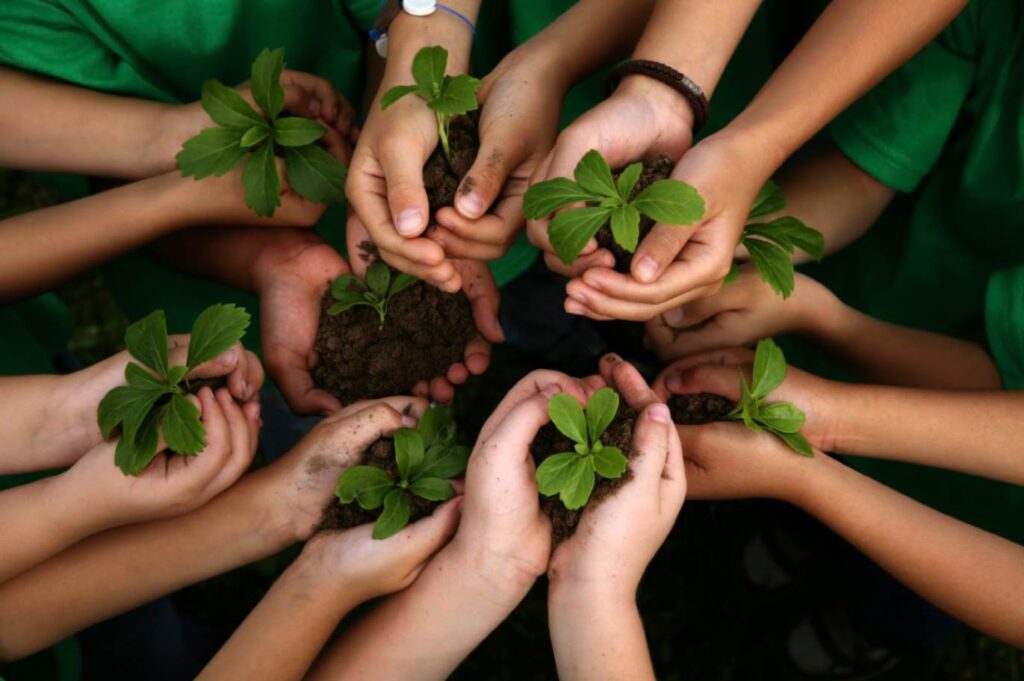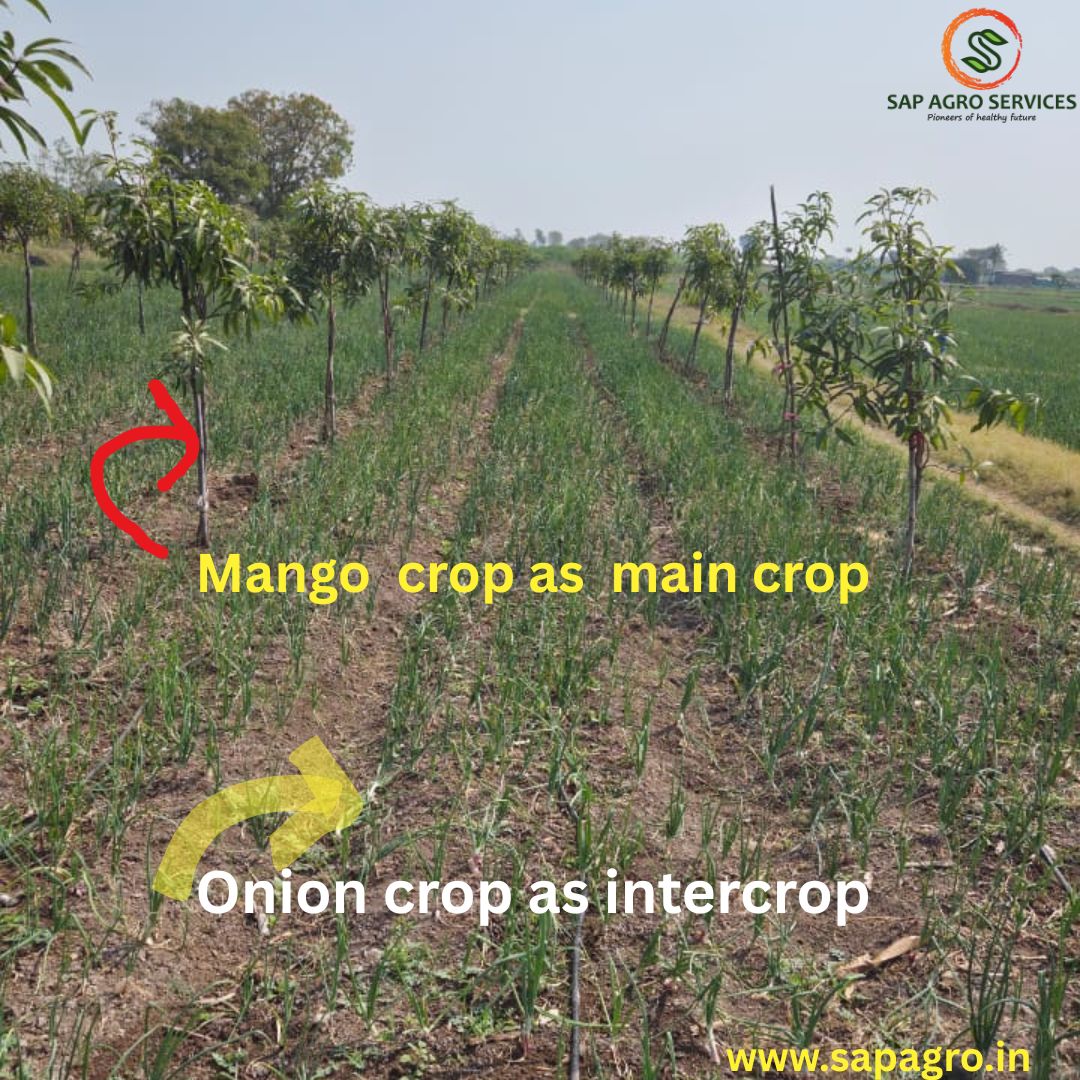About World Environment Day
World Environment Day, celebrated annually on June 5th. Established by the United Nations in 1974, this significant day serves as a global platform for raising awareness and encouraging action to protect our environment. It is a day to reflect on the importance of nature and our role in preserving it for future generations.
Theme for 2024: “Restore Our Earth”
The theme for World Environment Day 2024 is “Restore Our Earth.” This theme highlights the urgent need to restore damaged ecosystems and emphasizes that we all have a role in nurturing our planet back to health. It focuses on adopting sustainable practices, reforestation, and conserving biodiversity, underscoring that a healthy planet is not just an option but a necessity for our survival and well-being.

Understanding the Theme: Ecosystem Restoration
Ecosystem restoration involves actively aiding the recovery of ecosystems that have been degraded, damaged, or destroyed. It can take many forms:
– Planting trees to reforest areas
– Cleaning up rivers and coasts
– Regenerating wetlands
– Promoting sustainable agricultural practices
Restoring ecosystems helps combat climate change by capturing carbon dioxide from the atmosphere, supports biodiversity, and improves human livelihoods. Healthy ecosystems provide vital services such as clean air and water, fertile soil for agriculture, and resilience against natural disasters.
Benefits of Ecosystem Restoration
1. Enhanced Biodiversity: Restored ecosystems become habitats for a wide range of species, contributing to the conservation of biodiversity. This is essential for maintaining balance and resilience in the natural world.
2. Climate Mitigation: Trees and plants act as carbon sinks, absorbing CO2 from the atmosphere and mitigating the effects of climate change.
3. Economic Growth: Restoration projects create jobs in rural and urban areas alike, from tree planting to infrastructure improvements.
4. Improved Health: Cleaner air and water and increased green spaces lead to better health outcomes for communities.
5. Sustainable Agriculture: Healthier ecosystems contribute to more resilient agricultural practices, ensuring food security.
How to Save the Environment
There are numerous actions individuals and communities can take to contribute to ecosystem restoration and environmental preservation:
1. Reduce, Reuse, Recycle: Minimize waste by adopting the 3Rs. This reduces the strain on landfills and decreases the need for new resources.
2. Conserve Water: Use water efficiently by repairing leaks, taking shorter showers, and installing water-saving appliances.
3. Plant Trees: Participate in or organize tree-planting initiatives to help reforest areas and create green spaces.
4. Support Renewable Energy: Use renewable energy sources like solar, wind, or hydroelectric power to reduce reliance on fossil fuels.
5. Promote Sustainable Practices: Support businesses and products that prioritize sustainability and environmental responsibility.
6. Educate and Advocate: Raise awareness about environmental issues and advocate for policies that protect natural resources and promote restoration efforts.

The Role of Organic Farming in the Future
Organic farming plays a crucial role in ecosystem restoration and sustainable agriculture. By avoiding synthetic chemicals and emphasizing biodiversity, organic farming practices can help rebuild healthy soils, enhance ecosystem services, and promote biodiversity.
Benefits of Organic Farming:
1. Soil Health: Organic farming practices, such as crop rotation and the use of compost, improve soil structure and fertility, leading to more productive and resilient agricultural systems.
2. Biodiversity: By avoiding synthetic pesticides and fertilizers, organic farms support a greater variety of plants and animals, creating a more balanced and healthy ecosystem.
3. Water Conservation: Organic farming often requires less water, and practices like mulching and cover cropping can help retain soil moisture.
4. Reduced Pollution: Organic farming reduces chemical runoff into water bodies, protecting aquatic ecosystems and drinking water sources.
5. Climate Resilience: Diverse, healthy ecosystems are better able to withstand extreme weather events, making organic farming a key strategy in adapting to climate change.
Conclusion:
World Environment Day is more than just a day of awareness; it’s a call to action. The theme of Ecosystem Restoration reminds us of the critical role we all play in healing our planet. By adopting sustainable practices, supporting organic farming, and actively participating in restoration efforts, we can create a healthier, more resilient world for future generations.
Let’s take this opportunity to commit to positive change and ensure that every day becomes a step towards a sustainable future.
As the premier Organic Farming Training Institute in Maharashtra, at SapAgro we emphasize organic practices, soil health, and eco-friendly pest management, fostering a greener, healthier future for our planet. Join us in celebrating World Environment Day by committing to sustainable farming practices.














